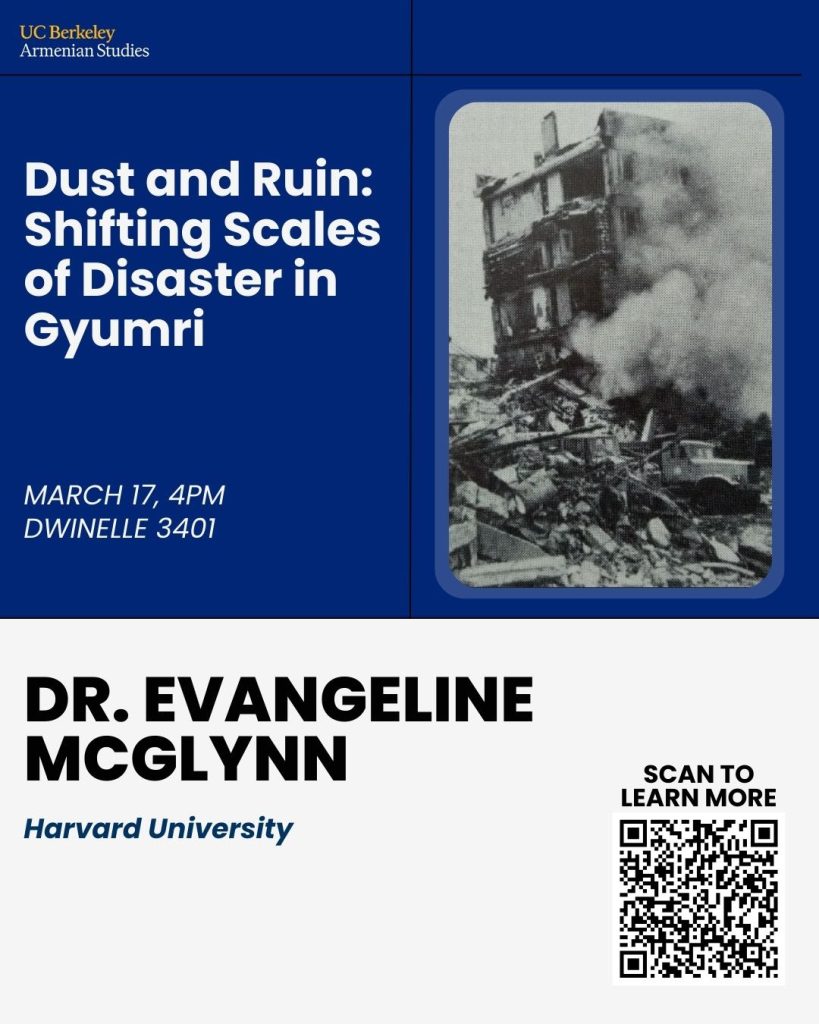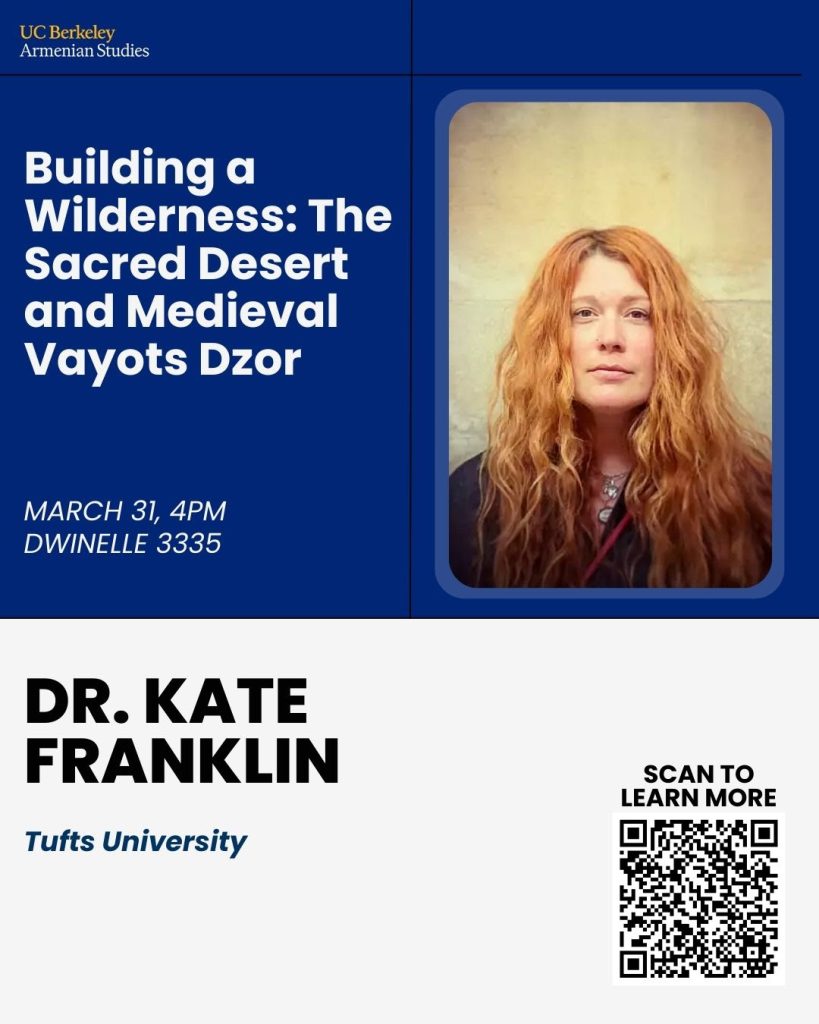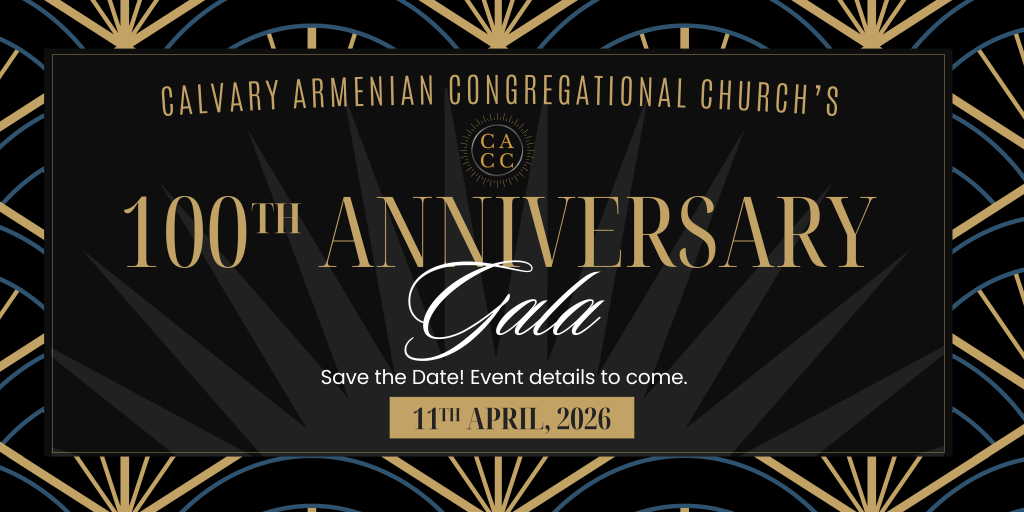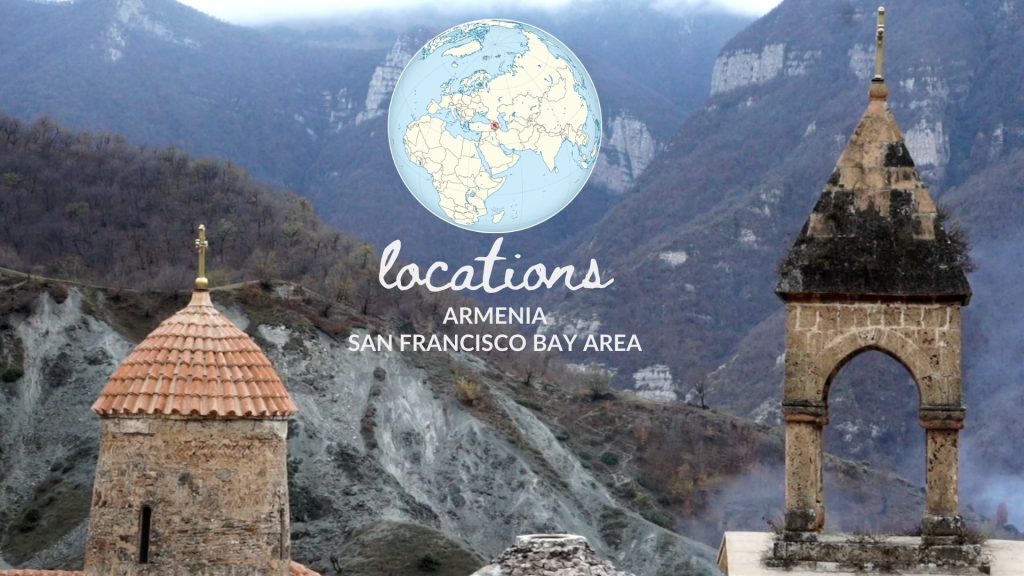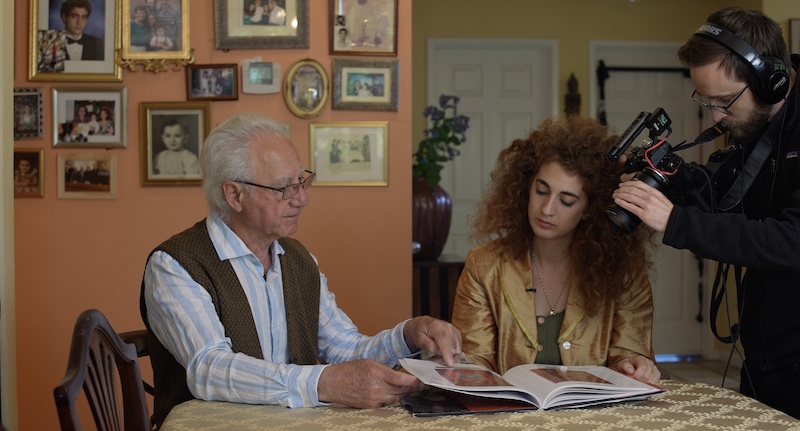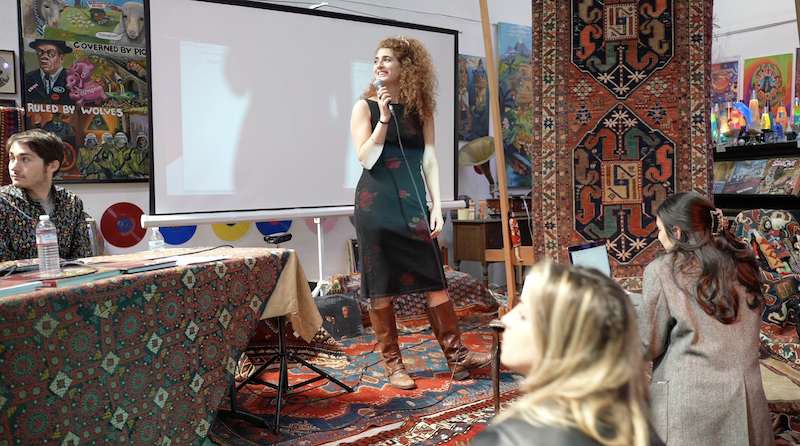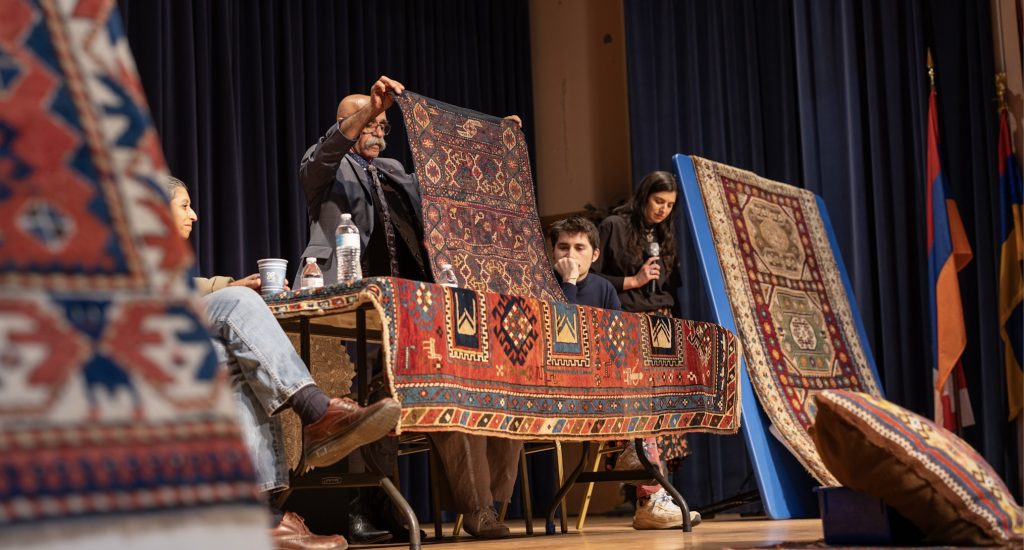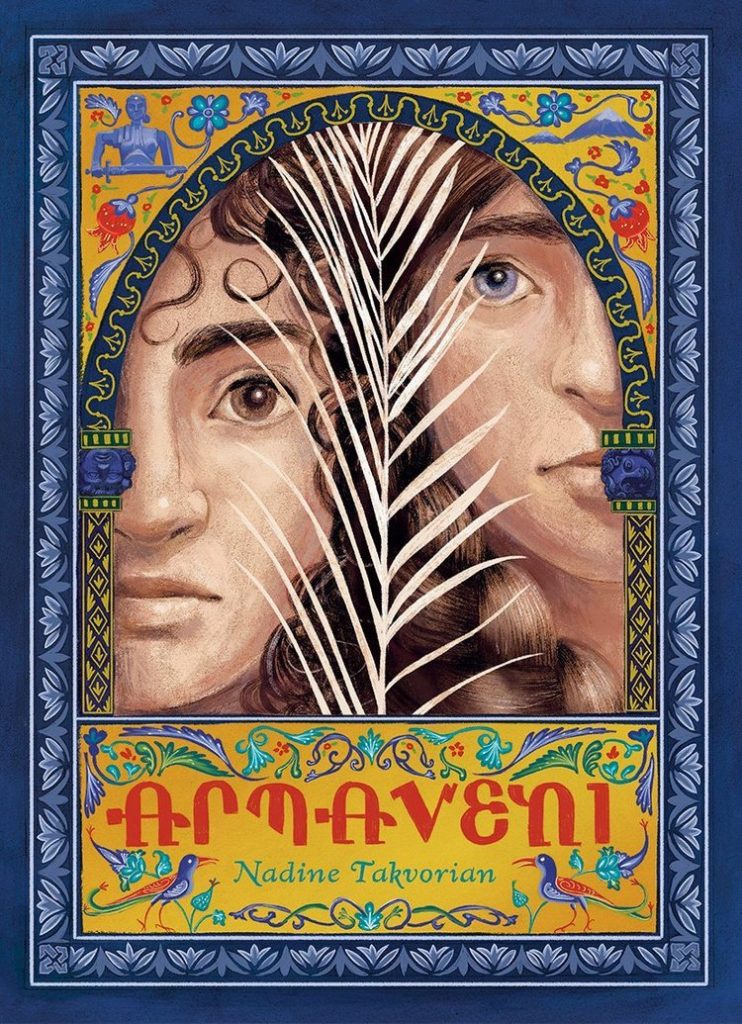Tigran Hamasyan is considered one of the most remarkable and distinctive jazz-meets-rock pianists/composers of his generation. A piano virtuoso with groove power, Hamasyan seamlessly fuses potent jazz improvisation and progressive rock with the rich folkloric music of his native Armenia. Born in Gyumri, Armenia, in 1987, his musical journey began in his childhood home, where he was exposed to a diverse array of musical influences leading to him playing piano at the age of three, performing in festivals and competitions by the time he was eleven, and winning the Montreux Jazz Festival’s piano competition in 2003. He released his debut album, World Passion, in 2004 at the age of seventeen. The following year, he won the prestigious Thelonious Monk International Jazz Piano Competition. Additional albums include New Era; Red Hail; A Fable, for which he was awarded a Victoires de la Musique (the equivalent of a Grammy Award in France); Shadow Theater; and Luys i Luso which featured the Yerevan State Chamber Choir focusing on Armenian sacred music stretching stylistically from the 5th century to the 20th century.
In addition to awards and critical acclaim, Hamasyan has built a dedicated following worldwide, as well as praise from Herbie Hancock, Brad Mehldau and the late Chick Corea. “With startling combinations of jazz, minimalist, electronic, folk and songwriterly elements…Hamasyan and his collaborators travel musical expanses marked with heavy grooves, ethereal voices, pristine piano playing and ancient melodies. You’ll hear nothing else like this” (NPR)



